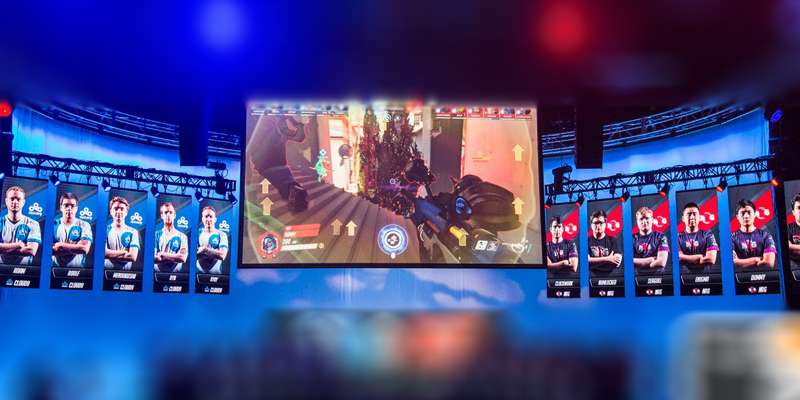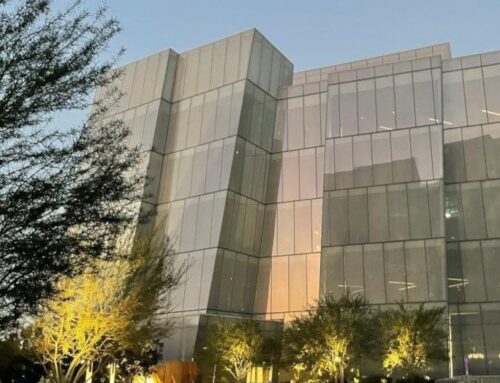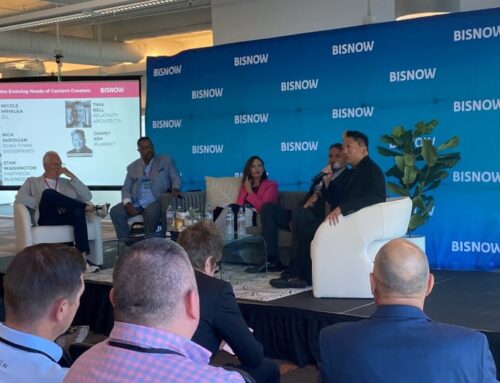It is hard to believe that it has been only three years since sports talk show host figurehead Colin Cowherd slammed his own employer, ESPN, for airing a Heroes of the Dorm tournament on cable television. While his opinion was negative in all aspects, this event was a huge step in the right direction or advertisers and esports fans alike; it proved that the industry was finally too big for the mainstream media to avoid. And while major sports fan-engagement has been on a steady decline, the opposite can be said about esports.
Contrary to the hopes of Cowherd, esports has become the fastest and most exciting growing sports industry in America. Expected to grow 41% to an estimated $700M globally, with 240 million viewers around the world, 80% to 85% of whom are in the hard-to-reach 18-34 male demographic, it is now impossible to financially ignore. It has become a money grab that almost everyone is trying to get their hands on. From sponsorships by household brands such as Coca-Cola, Buffalo Wild Wings, and Bud Light, to ownership deals from large legacy sport franchises such as the Philadelphia 76ers and the Miami Heat, esports has cemented itself as a large player in the sports industry whose valuation is only on the rise.
What was once a novelty is now the mainstream, and as with all highly profitable new-money industries there are many issues that are overlooked because of a lack of experience. One of the most complicated barriers of entry is the actual physical esports arena. The creation of these arenas, and what makes them successful, is an often-overlooked facet of the industry. This process is extremely intricate and requires an inside knowledge into what works and does not work. This is why it is important to bring on a knowledgeable design and construction firm when looking to build out an esports arena. It is a costly and time-consuming oversight to bring in a designer or builder with little to no knowledge of esports venues.
It is an industry where if you have never staged an event, you will not know how to perfect the building process. At PlanNet we not only have years of experience in the project construction industry, but real-life background in building and creating esports arenas from the ground up. We have seen, first hand, where clients have gone wrong in the past and use this knowledge to create financially successful esports projects for our clients. PlanNet is in the process of bringing the first esports arena in Las Vegas to the Downtown Grand Hotel & Casino, the project is currently under construction.
Here we will be discussing the five top challenges to developing an esports arena. Below are a few things that are imperative to think about before taking on a project of this scale. These requirements have been sourced from our years of experience in the esports industry.
1. Flexibility
What sets an esports arenas apart from modern day sports arenas is the fact that they have to be incredibly flexible. These are multi-sport venues. Different games require a different plethora of set-ups, and your venue has to be ready for all of them. Gone are the days where you build out a 100-yard grass field and call it a day. League of Legends requires a completely different setup than Overwatch. Counter-Strike’s setup does not look anything close to what you would need to have for Super Smash Bros.
The point is that it is imperative that going in to the design and construction process that you think about all these factors during the planning stage. Partnering with an expert like PlanNet, who has previously built these, is a great way to ensure your esports project will be completed with the requirements necessary to make it a successful asset for business operations.
2. Athlete/Facility Amenities
What is unique about esports is its necessity for all things to be equal, and when designing your building this has to be at the forefront. Everything from the competition arena down to the competitor’s greenroom has to have the same quality. In esports there can be no such thing as an away team’s locker room. On the arena floor the competitor’s infrastructure has to mirror each other’s, exactly.
From the quality of the Internet, to what is physically placed in the rooms, nothing can differ. There are a number of small things such as the number of outlets, to more sizable items such as amenities that need to be carefully considered.
3. Technical Capabilities
Esports arenas are complex in their technical requirements. It is better to think of them as data centers, rather than event space. The amount of backend infrastructure that is required is unmeasurable in modern day sports and entertainment projects. There has to be solid power distribution throughout the building. Intricate cooling systems are mandatory.
Ultimately, the most important technical asset of your building is its data capability as it relates to the Internet. A quality experience for the fans in attendance is key for continued the success of the arena. Fan engagement may be the most imperative part of your esports arena, for both the consumers and the advertisers. The ability for the fans at the arena to be socially engaging with both the competitors and those at home is essential.
4. Broadcasting/Production Component
The success of an esports arena rests heavily on both the in real life (IRL) and at-home experience. Consider an esports venue as both a live television studio and a sporting arena. Production is an incredibly important, and often overlooked, part of the arena. There are many features that have to be thought through in the planning stages to avoid time delays and cost overruns for scope creep due to poor planning and lack of esports industry knowledge.
Items like making sure that there is enough space for multiple cameras to capture the action for those at home and in the arena, cannot be afterthoughts. It is a studio, after all, so there has to be a large enough production area in the facility to ensure that everything runs smoothly and to achieve similar experiences for both the audiences at home and at the live venue.
5. Logistics
Logistically there are a surplus of issues exclusive to esports that have to be thought about when designing an arena. One incredibly distinct to these competitions is how to combat cheating. With so many different moving parts combined with the fact that everything is being streamed online, a structured, well thought out esports facility design is imperative.
Unlike other major sports, esport athletes are extremely engaging with their fans. Often times before or after matches there are autograph signing and photo opportunities for those in attendance. The ingress and egress of these players from the competition ground to separate meet and great areas is something that cannot be overlooked in the planning stages. While these are just two logistical concerns, there are many more that exists when building an arena, which is why it is so important to work with a builder with vast knowledge of the esports industry.
The success of your esports arena falls squarely on the quality of the consumer experience. Falling short of creating a technically advanced enjoyable atmosphere for those there in person and at home is financially dooming. This push for a higher quality consumer experience via technological advancements is not exclusive to esports. Just look at the brand new Mercedes-Benz stadium, home of the Atlanta Falcons. They partnered with IBM to help create a “smarter stadium”, which features a Passive Optical Network (PON), an advanced fiber-based optical network to ensure connectivity for fast, reliable Wi-Fi, video displays and digital signage all while consuming less power.
Technology is the future of the consumer experience. Partnering with an experienced consulting firm to build out an esports arena will guarantee that nothing gets overlooked and that your budget will be met. Working with a capable design and construction firm such as PlanNet on your next esports project will put you ahead of the curve. The 2018 gamer is an educated and grandiose one. They accept nothing but the best from the competition and the event. Likewise, you can expect nothing but the best from PlanNet.






